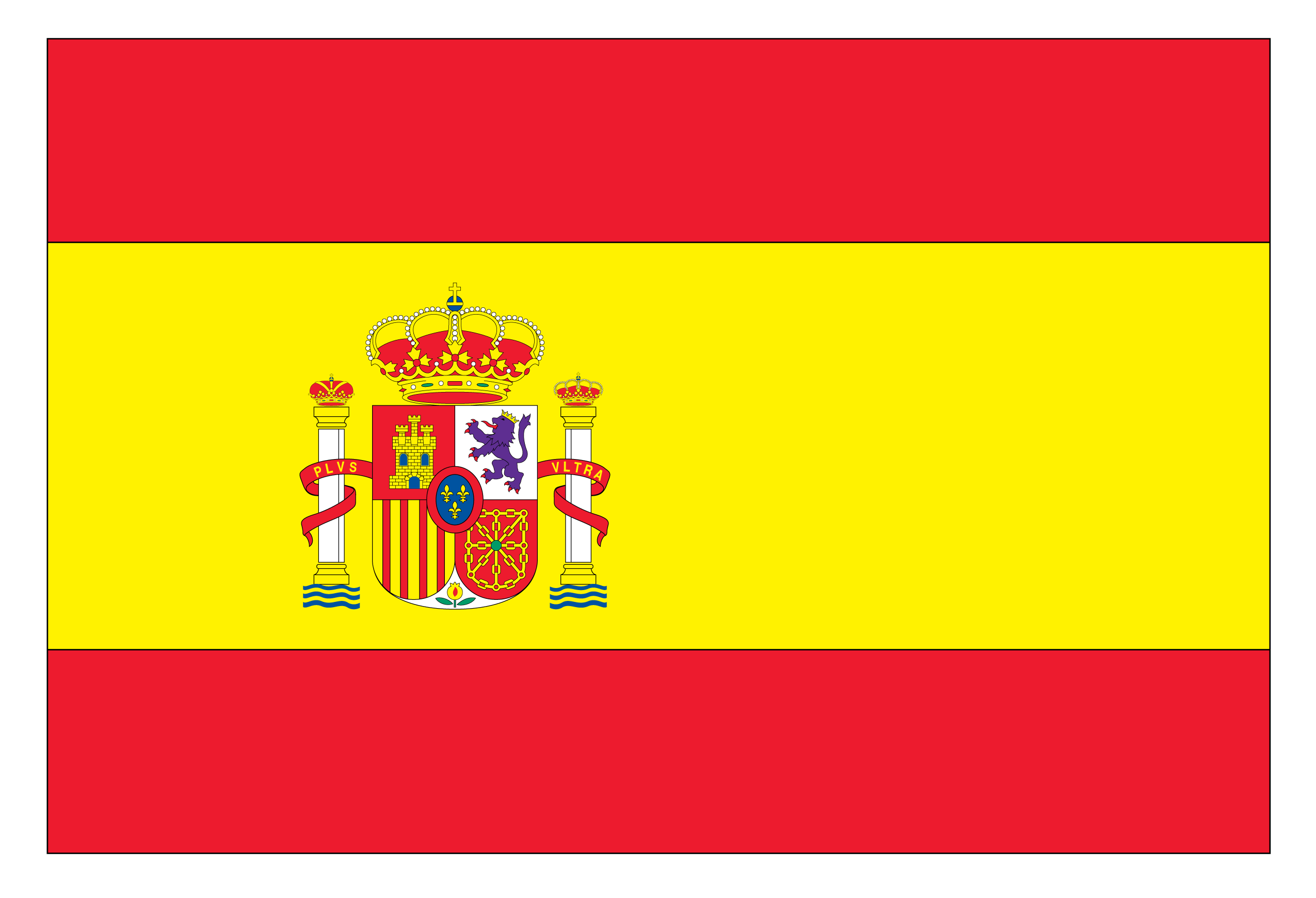Care Guide for Epipremnum aureum (Pothos)
.jpg)
Care Guide for Epipremnum aureum (Pothos)
-
Plant Spacing
- For compact growth in pots, space cuttings 10-15 cm apart. Outdoors, allow at least 30 cm to encourage spreading.
-
Final Size
- Height: Indoors, it can grow 2-4 meters; outdoors, it can grow significantly longer as a climber.
- Spread: It expands easily, forming dense coverage when grown horizontally.
-
Companion Plants
- Compatible Species: Ferns, Philodendrons, Calatheas, and other indoor plants with similar light and humidity needs.
- Garden Ideas: Perfect for vertical gardens, bright indoor spaces, and shaded patio corners.
- Integration Ideas: Use it as a hanging plant, on shelves, or train it to climb on poles or walls.
-
Recommended Soil
- Thrives in well-drained, nutrient-rich soil. A universal potting mix with good drainage is ideal.
-
Climate and Light
- Climate: Tolerates a wide range of temperatures but prefers warm, humid conditions. It is not frost-resistant.
- Light: Grows best in bright, indirect light but tolerates low-light conditions. Avoid direct sunlight, as it can scorch the leaves.
-
Maintenance Frequency
- Low maintenance. Requires moderate watering and is highly resilient to neglect.
-
Seasonal Interest
- Retains lush, green foliage year-round, especially in indoor settings or warm climates.
-
Recommended Uses
- Perfect for indoor decor, vertical gardens, hanging pots, and as a climbing or ground-cover plant in sheltered outdoor areas.
-
Common Pests and Diseases
- Pests: Susceptible to mealybugs, aphids, and spider mites in low humidity or poor ventilation.
- Diseases: Root rot can occur if the soil remains waterlogged for extended periods.
-
Essential Care Tips
- Specific Soil Needs: Use lightweight, well-drained soil enriched with organic matter.
- Pruning: Trim regularly to control size, promote denser growth, and remove yellowing leaves.
- Pesticides/Fungicides: Use natural treatments like potassium soap if pests are detected.
- Fertilizing: Apply a balanced liquid fertilizer every 4-6 weeks during spring and summer.
- Protection: Avoid cold drafts, temperatures below 10°C (50°F), and direct exposure to harsh sunlight.
.jpg)

 English
English Spanish
Spanish